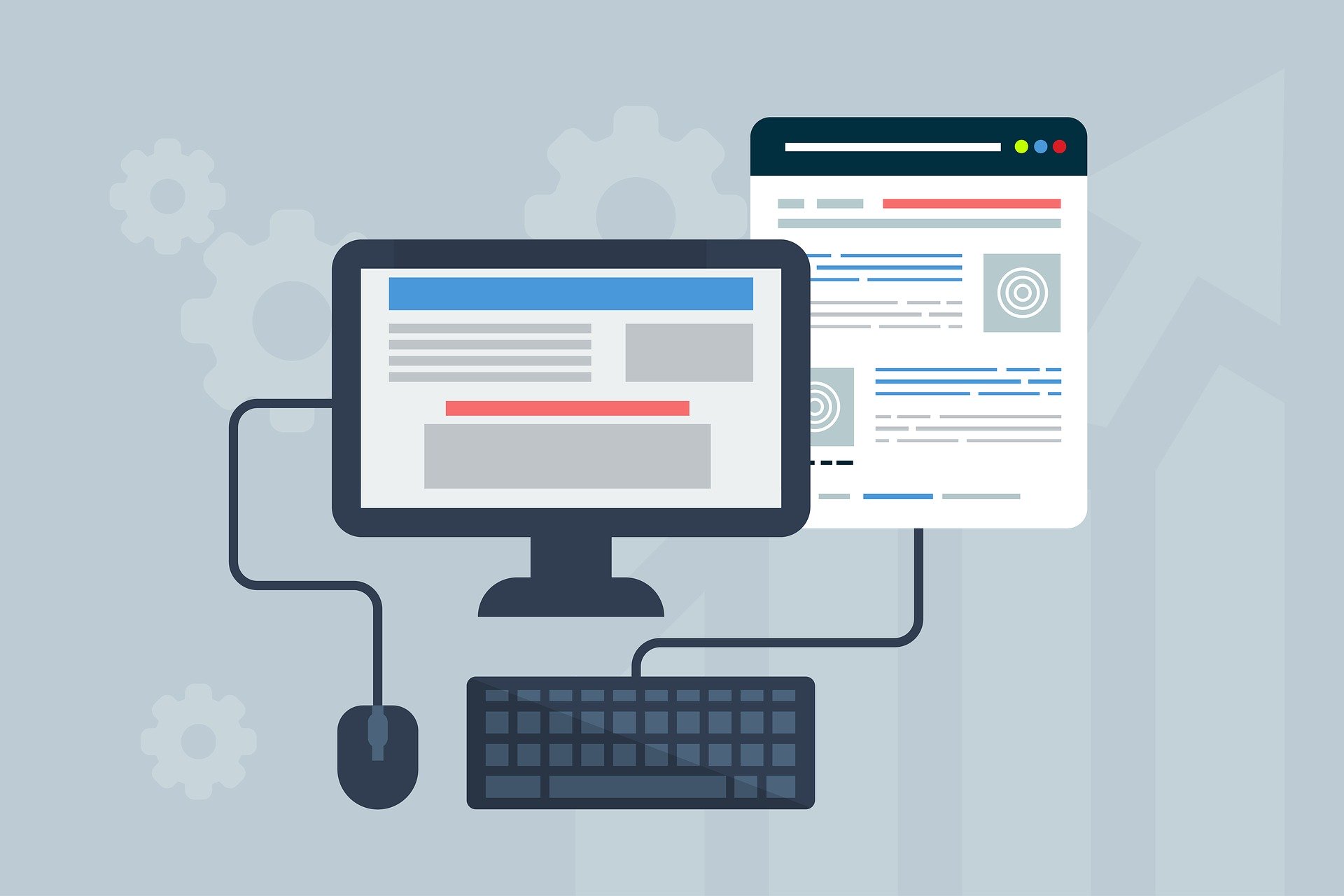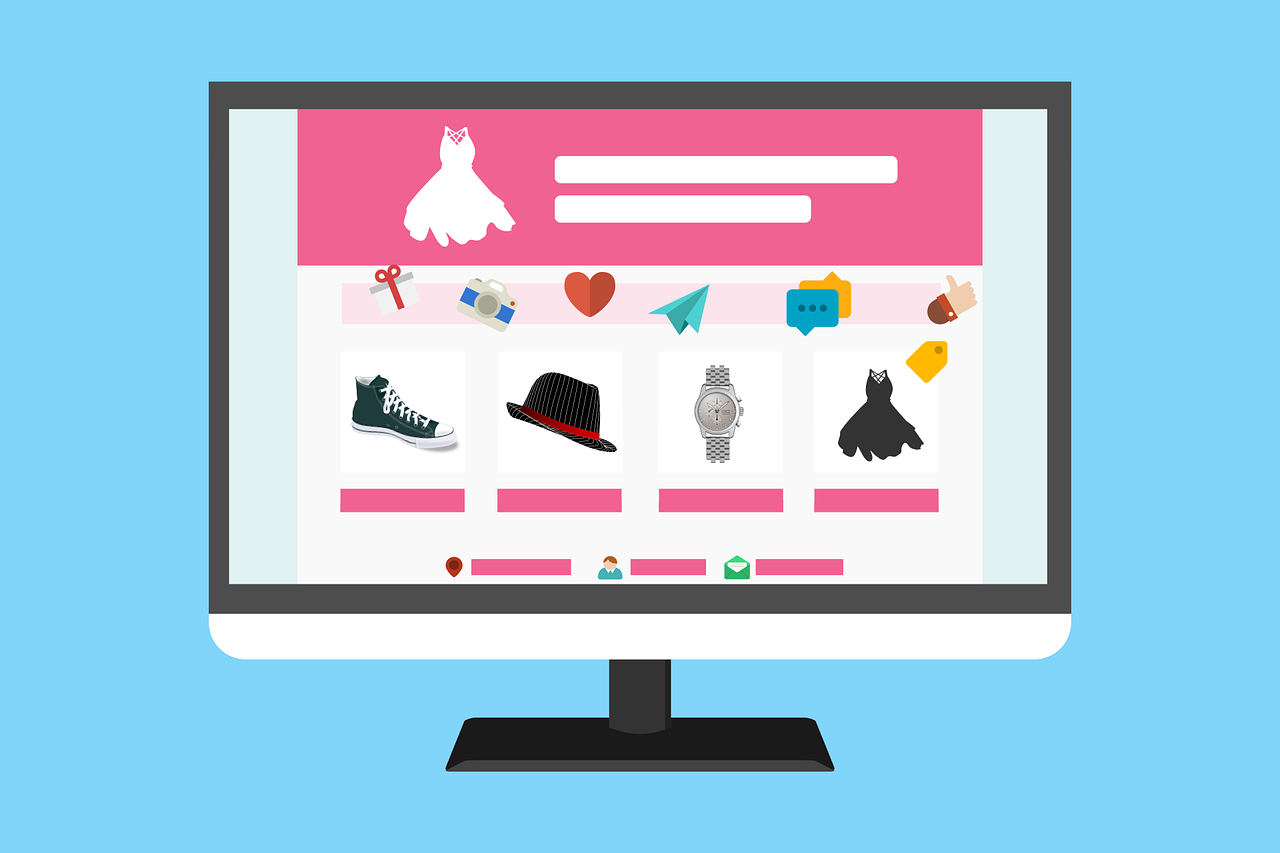
Today, having a website is becoming essential. But this entails knowing tricks to make it attractive to users, easy to use, responsive (that is, it looks good on any device, not just the computer) ... and also has an adequate web loading speed.
And this is where, often it is sinned. When a page does not load quickly, the user tends to get tired of waiting and ends up abandoning it. Therefore, so that it does not happen to you, we are going to talk about how to improve web loading speed.
What is web loading speed?
Web loading speed could be defined as the ability of a website to show itself in a matter of seconds. The higher the number, the longer it takes to display complete. And that not only harms the user's navigation, but also has consequences at other levels.
For example, when a page does not have adequate speed, Google won't help you with rankings. The search engine, due to its algorithm, wants to be fast and to have a page that does not load fast does not benefit him at all, but on the contrary.
In addition, you will have fewer visits, which will lower your sales, your advertising ... In other words, it is one of the most important problems to solve as soon as possible.
How can I know the web loading speed?

To know if your web page has an adequate speed, it is not necessary to put a counter and open it to check it. There are speed measurement tools, some free and some paid. But in this case, the ones we recommend are the following:
- pingdom
- webpagetest (my favorite)
- PageSpeed
In almost all of them they will give you a grade that will go from 0 to 100, or from F to A. The better the speed, the less problem everything will give you.
What slows down the loading speed of my website
Now that you know the importance of a web page opening quickly, you have to know what are the reasons why it can go slow. In this way, you can solve the problem and recover the status you had in the search engine, as well as users and earnings.
The main problems that arise related to speed are:
Choose a poor quality hosting
When creating a web page, you need two main things: a url and a hosting to upload the page files and have it displayed on the Internet. Both one and the other can be purchased for free or paid. But there is a big difference between the two.
In the case of free, we are talking about a hosting that will be shared, that has advertising ... that is, that it is an overloaded hosting and that it will go slow (because they give priority to the web pages that have bought the "premium" hosting ). Consequently, it will be normal for your page to go slow, sometimes not display, or even give problems.
In paid hostings, although it is an economic outlay that you do so that your page is hosted and has an adequate loading speed, the truth is that there may be problems as well. For example, share hosting (hence it is cheap), the server loads slower, or even have connection problems that make your page go down.
Beware of the page template
Whether you use a full page in HTML, you use WordPress templates, or any other CMS, you have to be careful that they are well optimized and that they are not the problem of your website loading slow (due to the style sheets CSS, by the PHP code, by the JavaScript functions…).
Heavy images
One of the most common failures. And it is that sometimes we want images that have very good resolution for the web. But that implies that they weigh a lot. And when you load your blog with all those images, in the end loading speed suffers.
Beware of plugins

The more plugins you put on a website, the more the web loading speed will suffer. Fortunately, you have a plugin to check which ones slow down the most and to be able to vary them (if they are not important) for others.
Some tricks to improve web loading speed
Finally, here we are going to leave you some of the tricks of the experts that help to ensure that the loading speed of a page is always optimal and that the visitor experience is adequate.
Choose a good hosting
Thanks to the Internet, you have the option of seeing opinions about the main hosting companies, those that work better, those that do worse ... And you can also opt for free or paid.
In the second case, there are three companies that stand out, and that almost all the pages are hosted on them. So it is testing.
Purge your page

Say goodbye to applications, plugins, photos ... that don't really bring you anything for the web. Believe it or not, all that will help the speed increase because you will leave it clean.
Also, you must check that the template you use is really fast to load, that it does not have scripts that can slow it down and that it is also responsive (which looks good on tablets, mobiles, pc ...).
Learn to optimize images
That is, to compress its size without losing the quality of the image. Right now, there are websites that help you with that and, although it is cumbersome to have to pass the images through another website after downloading them and do "double work", it is worth it.
Of course, there may also be options on your website so that these can be optimized with a plugin without you having to do anything.
A clear, easy and minimalist design
What do you need on your website? Only the essentials. That is where the key is. Because that not only improves speed, it makes the visitor can find what he is looking for almost at a glance.
So you do without a long menu of dozens of pages to find what you are looking for. Make things as easy as possible for it and both the web loading speed and the user experience will improve much more.